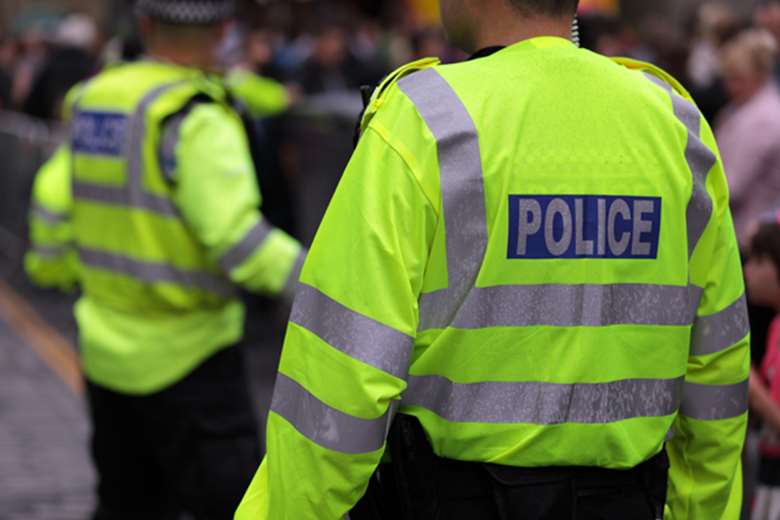Home Office proposals could make stop and search of children easier
Fiona Simpson
Friday, October 9, 2020
The Home Office is consulting over whether plans for a new stop and search order for use against known knife crime offenders should apply to children.

Proposals for a new serious violence reduction order (SVRO) would allow police more powers to stop and search anyone previously convicted of a weapons offence who has had such an order applied by the courts.
-
Analysis: Knife crime orders may 'exacerbate' community relations, warns ADCS
-
Related news: Knife orders will lead to 'unnecessary criminalisation of young people'
A consultation document drawn up by the Home Office states that “SVROs would empower the police to stop and challenge those who are known to carry knives. They will help to keep communities safer by giving officers a tool to help tackle the most dangerous offenders”.
“A court would have the power to impose them following conviction for any relevant offence. They could then set the length of the order, which would apply from the moment the offender walked free, either while on licence or where there was no immediate jail time.
“The offender would then be more likely to be stopped by the police and searched to see if they are carrying a knife again. If caught out they would be brought back before the court where they could expect to receive a custodial sentence,” the document adds.
The government also claims the introduction of SVROs could help reduce disproportionality around stop and search highlighting that black people are 9.7 times more likely to be stopped than white people.
As part of the consultation, the Home Office is asking professionals across the justice system whether under-18s should be subjected to new powers.
Currently, stop and search powers can be applied to a person of any age suspected of carrying a weapon or illegal substance.
According to latest government figures, in 2019, 4,547 knife and offensive weapon offences committed by children, aged 10-17, in England resulted in an official warning or a conviction.
A further 2,723 cases involving children who were aged 10-17 resulted in immediate custody, a community sentence or a fine.
Sixteen per cent of all knife crime convictions in 2019 involved children.
The Home Office consultation suggests applying SVROs to all over-12s in alignment with criminal behaviour orders and knife crime prevention orders.
It also proposes applying SVROs to over-14s on the grounds that “the peak age for carrying a knife is 14-15 years of age”.
However, it states that the government’s preferred option is to apply the proposed new order to adults only, stating that “the focus of the court should be on interventions to turn them [children] away from offending, through for example a knife crime prevention order or a criminal behaviour order, as these allow a wider array of conditions to be attached for the purposes of prevention”.
“We understand that children who carry knives and who are subsequently convicted of knife and offensive weapon offences may have complex safeguarding needs.
“They may have experienced adverse childhood experiences. They may have been groomed or coerced into carrying a weapon. They may also be at risk of becoming a victim of serious violence themselves,” the document adds.
The consultation into the creation of SVROs closes on 8 November.




